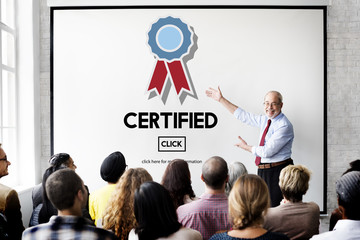Introduction
Are you feeling lost in your career? Do you have a passion for helping others? If so, becoming a certified life coach might be the perfect path for you. In this article, we will explore the journey of becoming a certified life coach and the steps you need to take to achieve success.
What is a Certified Life Coach?
Before we dive into the details, let’s first understand what a certified life coach is. A certified life coach is a professional who helps individuals set and achieve their goals, overcome obstacles, and live a more fulfilling life. They provide guidance, support, and accountability to their clients, helping them unlock their full potential.
The Benefits of Becoming a Certified Life Coach
Becoming a certified life coach comes with a wide range of benefits. Firstly, you have the opportunity to make a positive impact on people’s lives. By helping others achieve their goals and improve their overall well-being, you can experience a deep sense of fulfillment.
Secondly, the demand for life coaches is on the rise. With the increasing awareness of personal development and the need for guidance in various areas of life, the market for life coaching services is expanding rapidly. This means that there are ample opportunities for you to build a successful career as a certified life coach.
The Journey to Certification
Now that you understand the benefits, let’s explore the journey to becoming a certified life coach. Keep in mind that the exact path may vary depending on your location and the certification program you choose. However, the general steps remain the same.
Self-Reflection
Before embarking on the journey to becoming a certified life coach, it’s important to engage in self-reflection. Ask yourself why you want to become a life coach and what specific areas you are passionate about. This will help you define your niche and target audience.
Training and Education
To become a certified life coach, you need to acquire the necessary knowledge and skills. This typically involves enrolling in a life coaching training program. Look for programs that are accredited by reputable organizations and offer comprehensive curriculum covering topics like coaching techniques, communication skills, and business development.
Practice and Experience
While education is important, practical experience is equally valuable. Seek opportunities to practice your coaching skills, whether it’s through pro bono coaching sessions, internships, or mentorship programs. This hands-on experience will not only enhance your skills but also build your confidence as a coach.
Certification
Once you have completed your training and gained sufficient experience, it’s time to pursue certification. Research different certification bodies and choose the one that aligns with your goals and values. The certification process usually involves submitting a portfolio of coaching sessions, passing an exam, and meeting specific requirements set by the certifying body.
Building Your Coaching Practice
With your certification in hand, it’s time to start building your coaching practice. Develop a marketing strategy to attract clients, create a strong online presence through a website and social media, and network with other professionals in the industry. Remember, success as a life coach comes not only from your coaching skills but also from your ability to market yourself effectively.
Conclusion
Becoming a certified life coach is a rewarding journey that allows you to help others while creating a fulfilling career for yourself. By following the steps outlined in this article, you can navigate the path to success and make a positive impact on the lives of your clients. So, are you ready to embark on this transformative journey?






Leave a Reply